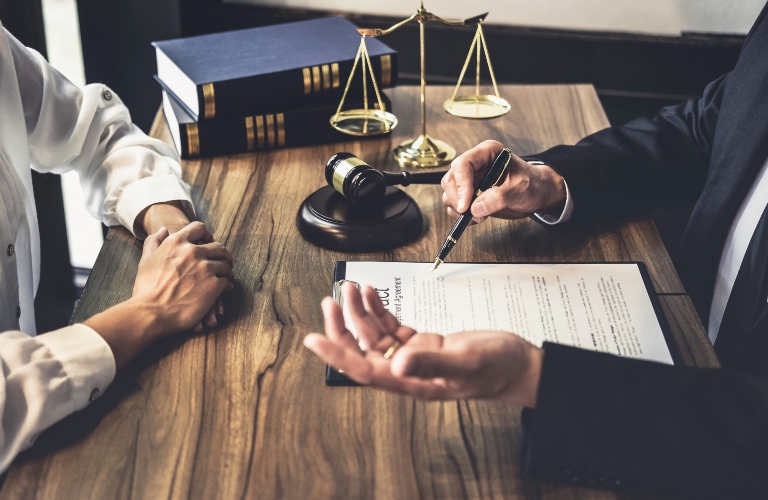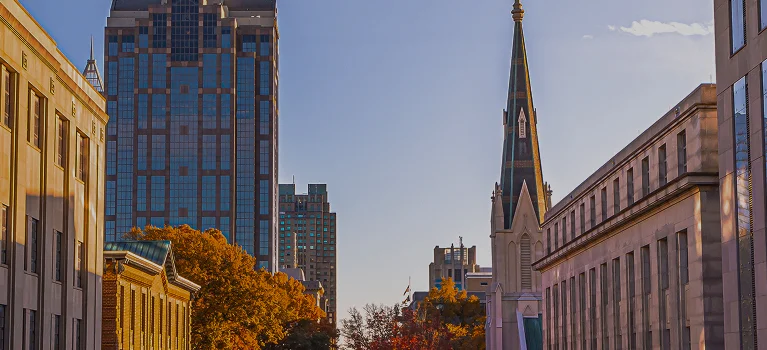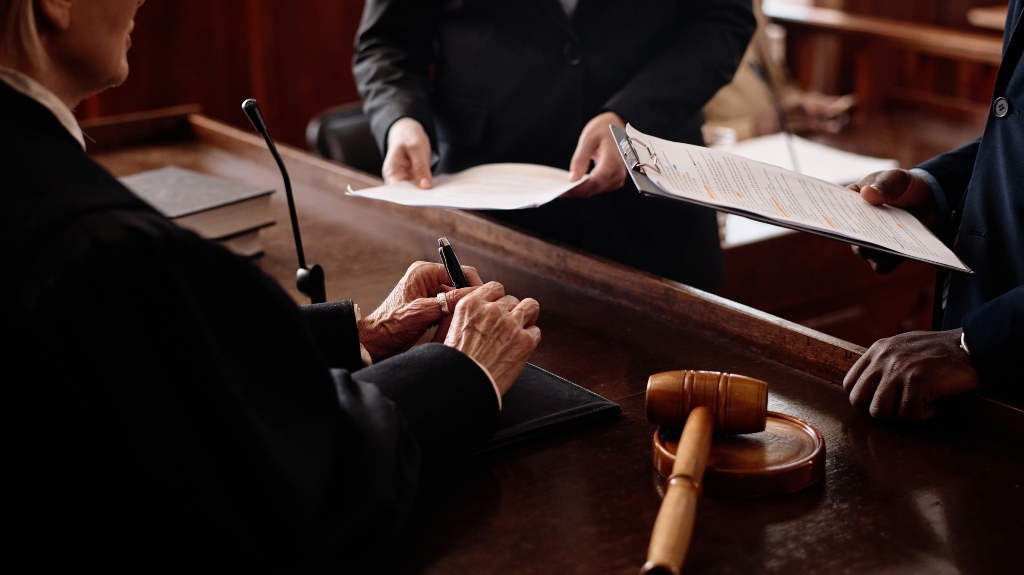What Is a Grand Jury and How Does It Work in Federal Court?
When most people think of juries, they tend to picture a courtroom drama with lawyers presenting evidence to a panel of citizens who decide whether someone is guilty or innocent. However, there’s another type of jury you may not be as familiar with—the grand jury. It plays a critical role in the federal criminal justice system, and understanding how it works can help demystify a process that often happens behind closed doors.
What Is a Grand Jury?
A grand jury consists of 16 to 23 citizens who evaluate evidence from federal prosecutors to decide if there’s probable cause to believe a crime has occurred. If they find enough evidence, they issue an indictment, which formally charges a person and initiates criminal proceedings.
Unlike trial juries (also known as petit juries), grand juries do not decide guilt or innocence. Their role is solely investigative and accusatory, not judicial.
When Is a Grand Jury Used?
In federal court, the Fifth Amendment of the U.S. Constitution mandates that a grand jury is used for all felony indictments. This means that when the government intends to charge an individual with a serious federal offense, it generally needs to present the case to a grand jury beforehand. There are exceptions—for example, in misdemeanor cases or when a defendant waives the right to a grand jury—but for most felony-level federal charges, the grand jury is a mandatory step.
How Does the Grand Jury Process Work?
Grand jury proceedings are secret and held in private, without a judge or defense attorney present. This is very different from a typical courtroom trial.
Here’s how the process usually works:
- Presentation of Evidence: Federal prosecutors present evidence to the grand jury. This can include documents, witness testimony, physical evidence, and more.
- Witness Testimony: Witnesses may be subpoenaed to testify. In some cases, targets of the investigation may also be called, although they are not required to testify and can invoke their Fifth Amendment rights.
- Deliberation and Voting: The grand jurors deliberate in private after reviewing the evidence. To issue an indictment, they must find that probable cause exists. This standard is lower than “beyond a reasonable doubt”—they just need to believe it’s more likely than not that a crime occurred and the accused committed it.
- Indictment: If at least 12 jurors agree, the grand jury issues a “true bill” or indictment. If not, it’s a “no bill,” and charges are not filed at that time.
Why Are Grand Jury Proceedings Secret?
Secrecy in grand jury proceedings serves numerous purposes:

- Protecting the reputations of individuals under investigation who may not ultimately be charged
- Encouraging witness cooperation, as they may feel more comfortable testifying in a private setting
- Preventing suspects from fleeing or tampering with evidence
- Preserving the integrity of the investigation
However, this secrecy can also be frustrating for those under investigation, as they typically do not know what’s happening or what evidence is being presented.
Can You Challenge a Grand Jury Indictment?
While it is uncommon, contesting a grand jury indictment is possible. These challenges may occur if the indictment process was compromised by misconduct, such as improperly acquired evidence or prosecutorial overreach.
Nonetheless, courts typically afford considerable deference to grand jury decisions. Once an indictment is issued, the case proceeds to federal court, where the accused will face trial unless they accept a plea deal or the charges are otherwise resolved.
Speak to a Federal Criminal Defense Attorney Today To Get the Answers You Need
If you have received a target letter, been subpoenaed to testify, or believe you’re under investigation in federal court, you should speak to a federal criminal defense attorney immediately. Grand jury investigations can move quickly, and how you respond early may significantly affect your case.
At Ryan Willis Law, we have extensive experience navigating federal investigations and defending clients through every stage of the criminal justice process. Contact us today to discuss your situation and protect your rights before it’s too late.


